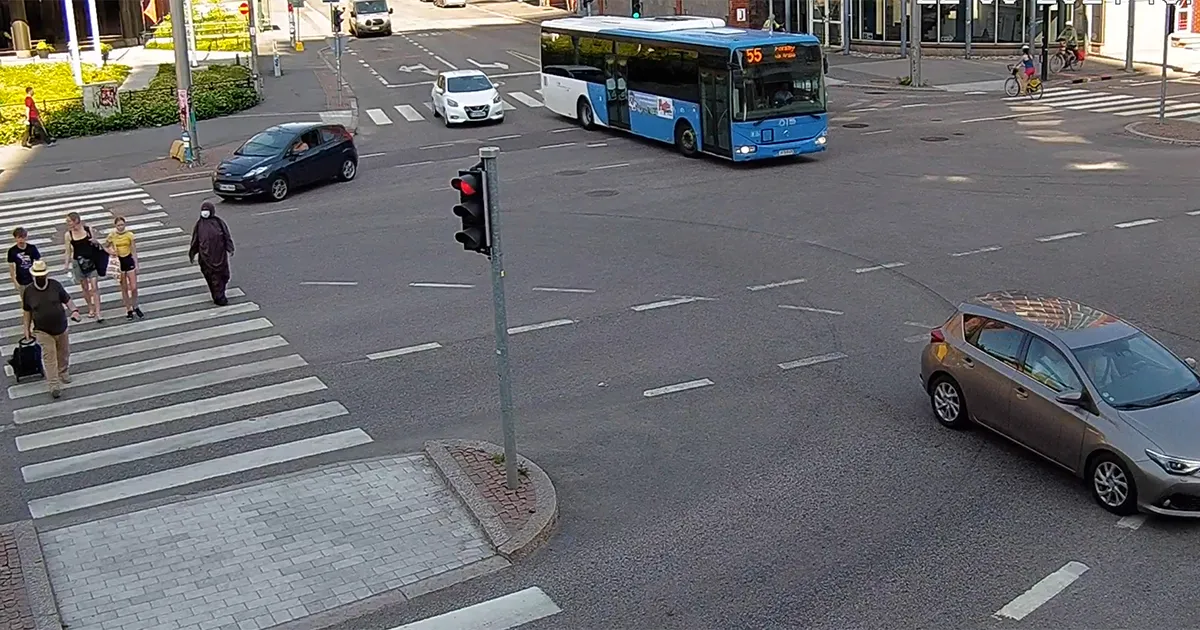Parking technology business
CitiPark has installed APT Skidata’s emissions-based parking tariff technology on a trial basis at its Clipstone Street branch in Central London. The installation sets individual parking tariffs according to vehicles’ CO2 emissions, with the aim of incentivising city drivers towards low or zero emission vehicles.
The system at Clipstone Street uses automatic number plate recognition (ANPR) cameras to identify and record each vehicle as it enters a car park and compares the licence to a database that includes details on CO2 emissions. Those details are subsequently taken into consideration on payment, with the correct tariff automatically calculated.
Pete Brown, APT Skidata’s managing director, says the technology has the potential to alter the way tariffs are calculated in all city centres: “They are the places that typically have the highest levels of pollution, and emissions-based tariffs address this.
“With more people than ever aware of their environmental impact, and the drive towards decreasing urban emissions, we expect the take up of emissions-based tariff calculation to be exponential,” he concludes.
In CitiPark’s case, cars emitting up to 75 grams of carbon dioxide per km, defined as an ‘ultra low emission vehicle’, qualify for a cheaper tariff with rates starting at 20 percent less than the regular cost.
Ben Ziff, managing director of CitiPark hopes the emissions-based technology will improve air quality by encouraging motorists towards greener vehicles: “We believe that the infrastructures supporting the automotive industry and governmental green agendas should also be adopting the same forward thinking approach,” he says.








